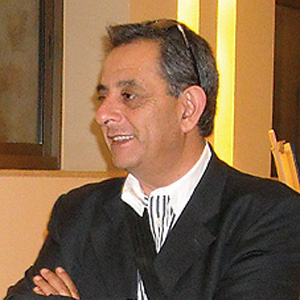We Palestinians are not the most bashed people in modern history. As bad as it is, others have had it worse. And some even continue to have it worse. However, we might argue that we are the ones who have been bashed for the longest time. Sixty-seven years and counting! I just looked up synonyms for “bashed,” and found “criticized,” “condemned,” “attacked,” “knocked,” “abused,” “censured,” “find fault with,” and “put down.” Yup, that pretty much describes us, don’t you think?!
Rather than feeling subjugated and defeated, as one would expect, Palestinians paradoxically feel an undeniable and overwhelming sense of pride in being Palestinian. It could very well be a national reflex, the action of a people being dispossessed of something dear to them. But national pride is definitely present – alive and well. It is, in fact, mounting. “Good morning, Palestine, my country, my love,” was a post on Facebook this morning by a lady of society who could effortlessly blend into any cosmopolitan Western city. “Palestine is more important than all of you,” commented a student on the latest factional elections at Birzeit University. Coming back from a vacation, an engineer posted: “I am on my way back; I have to tell you, my homeland is the most beautiful. Bahibbak ya watani, I love my homeland.” Whether in the virtual world, or emanating from the local street, or even coming from Palestinians living in the diaspora, proof of Palestinian national pride and affection for Palestine is abundant.
Throughout the past century, a huge number of Palestinians decided to emigrate and seek a better and less-stressful life. Possibly to forget their wounds and pain, some have consciously attempted to forget their origins and sought to be assimilated into their new societies. Most, however, have not burnt their bridges with the old country. With the rise of Palestinian nationalism, there is increasing evidence that Palestinians living in the diaspora want to reconnect with their roots. Serious efforts on this side of the fence are being exerted to reach out to our brethren on the other side, not only to rekindle ties but also to engage them in our nation-building efforts. For the first time, these efforts have been well coordinated and follow a clear strategy towards the intended goal.
Affection for Palestine and Palestinian pride are givens; it is up to us how to build on these qualities in order to create positive change that ranges from internal healing to ensuring that wealthy Palestinians who live abroad invest in Palestine. Are we up to it?


